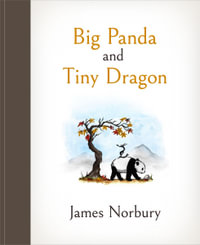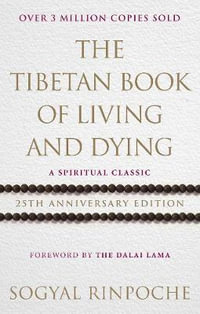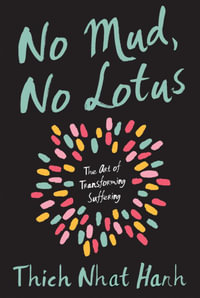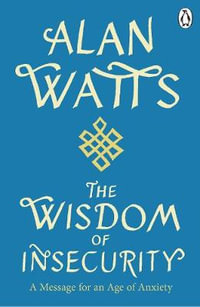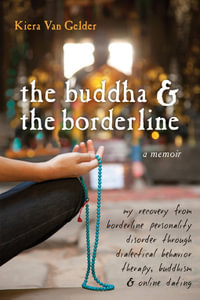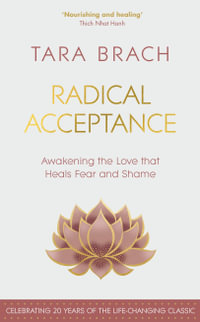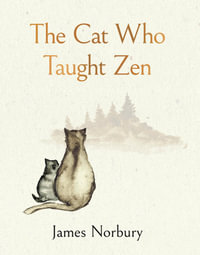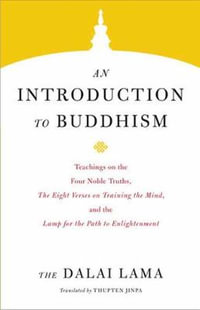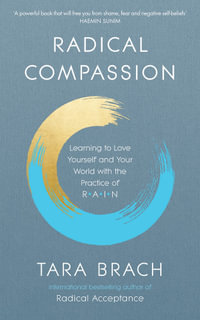This classic of twentieth-century literature chronicles the spiritual evolution of a man living in India at the time of the Buddha - a spiritual journey that has inspired generations of readers. Here is a fresh translation from Sherab Chodzin Kohn, a gifted translator and longtime student of Buddhism and Eastern philosophy. Kohn's flowing, poetic translation conveys the philosophical and spiritual nuances of Hesse's text, paying special attention to the qualities of meditation experience. This edition also includes an introduction exploring Hesse's own spiritual journey as evidenced in his journals and personal letters.
About the Author
Hermann Hesse was born in 1877 in Calw, Germany. He was the son and grandson of Protestant missionaries and was educated in religious schools until the age of thirteen, when he dropped out of school. At age eighteen he moved to Basel, Switzerland, to work as a bookseller and lived in Switzerland for most of his life. His early novels include Peter Camenzind (1904), Beneath the Wheel (1906), Gertrud (1910), and Rosshalde (1914). During this period Hesse married and had three sons.
During World War I Hesse worked to supply German prisoners of war with reading materials and expressed his pacifist leanings in antiwar tracts and novels. Hesse's lifelong battles with depression drew him to study Freud during this period and, later, to undergo analysis with Jung. His first major literary success was the novel Demian (1919).
When Hesse's first marriage ended, he moved to Montagnola, Switzerland, where he created his best-known works: Siddhartha (1922), Steppenwolf (1927), Narcissus and Goldmund (1930), Journey to the East (1932), and The Glass Bead Game (1943). Hesse won the Nobel Prize for Literature in 1946. He died in 1962 at the age of eighty-five.
Industry Reviews
"Filled with timeless truths and told so beautifully with images that burn deep into your being, Hesse's novel speaks powerfully to every generation of spiritual seekers... A fresh translation of Siddhartha that offers greater authenticity than any other translation - while still preserving the unique beauty of the original prose." - Branches of Light
"Like Hermann Hesse's other creations of struggling young men, Siddhartha has a good dose of European angst and stubborn individualism... In this translation Sherab Chodzin Kohn captures the slow, spare lyricism of Siddhartha's search, putting her version on par with Hilda Rosner's standard edition." - Brian Bruya, Amazon




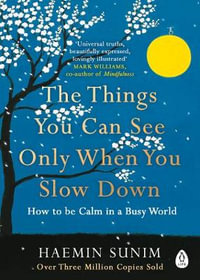

![When Things Fall Apart : Heart Advice For Difficult Times [Thorsons Classics edition] - Pema Chodron](https://www.booktopia.com.au/covers/200/9780007183517/5907/when-things-fall-apart.jpg)
